One thing I’ve learned about having a bad arm that limits your ability to get your work done and makes it tough to sleep . . . by the end of a couple weeks, you get a little grumpy and you don’t have a ton of energy left at the end of the day. Most of my energy this week has been focused on beginning revisions of The Dickens Mirror and then, after crawling into bed and trying mightily not to snap at my beleaguered and infinitely patient husband, figuring out how to get comfortable enough for sleep that my arm doesn’t wake me up in the middle of the night, yammering that rolling this way really wasn’t a good idea. (I’m still trying.) So my tolerance is not as high as it usually is and I’ve found that, by day’s end, I’m a tad testy. This can be a problem when you’ve normally–and happily–taken on other obligations; for one, I’m still trying to figure out whether I wanted to go ahead and sing with the symphony chorus this season. They’re doing Beethoven’s 9th, a piece I’ve done and always wanted to try. But I’m also cranky, and just don’t want to take on one more thing. Yes, I know that this, too, shall pass, but this has all given me new respect for people who confront either chronic pain or chronic illness.
All this hasn’t stopped me thinking about writing, of course-it is the one thing I want and, by extension, I wouldn’t mind writing something that others will discover and enjoy. (Frankly, when you’re as prickly as I am right now, even work you know is pretty good reads pretty bad.)
This week, Kristine Kathryn Rusch wrote yet another fabulous blog post on ways to promote your work: that is, getting your book in the hands of people who can sell it , specifically booksellers and reviewers alike. (One GREAT pearl: your publishing business is not the same as your writing business–and I have to admit that I never thought of it that way.) As always, her points are lucid and really worth paying attention to and filing away for later reference.
There was, however, one point with I disagreed. It’s a tiny thing, but it has to do with her comments about NetGalley. She’s right when she says that NetGalley charges a pretty hefty fee. But her point that traditional publishers never use the service for books they’re really keen about isn’t quite accurate–in fact, my guess is she meant that if a publisher only uses NetGally, there’s a problem–and here’s why.
First off, we all know NetGalley–me, me!–and look through their offerings to see what’s coming down the pike. Some of us–me, me!–even request a galley here and there. From that experience and my own with both my publishers offering my book as part of a marketing plan, what I’ve come to believe is that NetGalley is a tool, like any other, and one that’s also changed over time from a service that requires every single request to be vetted (I was turned down once–shocker!) to one that now also offers books that can be read without you, the requestor, going through a background check. (Conversely, I also know of bloggers who’ve been turned down by both my publishers, and I know this because the bloggers then come and ask me to intercede.)
But I have a hard time believing that a publisher like, say, S&S/Gallery Books would go to all the trouble of getting a blurb from someone like Stephen King and then offer the book on NetGalley if they didn’t believe in the book or that was all the marketing they were prepared to offer. You could also make the argument that S&S is certainly one of the big boys even if the imprint is not. The book I’m thinking of here is Nick Cutter’s The Troop, that got a respectful PW review. Soon as I saw it on NetGalley, though, and–more to the point–that King had blurbed it, I requested it; I really wanted to like this book.
And, boy, was I disappointed. It’s a given that ARCs have mistakes; you don’t want them; I try very hard to catch mistakes in that early stage, but I know that some get by me (and the various editors) or I’ll make changes after the ARC’s gone out. (White Space is a good example of this.)
Yet what I can say about the copy of Cutter’s book that I got through NetGalley . . . was that it was a shambles. It was worse than getting a hard copy ARC with errors; the formatting was so bad that the galley was virtually unreadable, and I finally gave up trying. (Which begs the point: whenever something’s going out with your name on it, for God’s sake, try and make it a quality product. Don’t give out shit. How will anyone take you seriously?)
So I never finished that book that I’d really wanted to like, and I’m damned sure this is not what the publisher intended. I don’t know if the book’s gone on to do well or not, but I do know that I’ve gotten a print copy and started it again because . . . well . . . I really wanted to give this book a try.
I’d think we’d all agree that if the ARC’s that much torture to read, this is an instance where the publisher–and a big name one–was asleep at the wheel. (One wonders if the physical ARC was as well. I kinda doubt it only because I’ve had the experience myself of trying to read ASHES–after it had already come out as a hardcover–in its Kindle form. It was awful, very poorly done; I got comments from fans who said the same thing; and I made my publisher aware of that immediately. Like . . . what gives? They got on it, but it still took time to correct. In this case, making ASHES and all the trilogy’s titles available through NetGalley was only one figurative whistle stop on that marketing tour.)
In the case of my Carolrhoda Lab titles, all but one–my very first–have been offered through NetGalley. Granted, Carolrhoda’s not a big gun, and because they’re a small house, their marketing dollars are limited. But I know that NetGalley wasn’t the only venue either, and they spent money doing things like PW blasts and the like, all things that cost money and demonstrate, to me at least, their commitment to my work.
This isn’t an endorsement of NetGalley; it’s just that NetGalley, by itself, isn’t a bad tool–but it’s only one tool and you need to understand how it figures into a broader marketing scheme.
On the other hand, if you’re self-pubbed, you can probably get the same kind of exposure without the expense by doing what I’ve seen other authors try: offer a galley .pdf (or finished ebook before the release date) in exchange for a commitment to post a review on Goodreads or Amazon. I’d certainly be interested in hearing what kind of return/response rate writers get; whether it’s 50% honor the obligation, or 30%. Or 70%. `
You know where I think someone in marketing got it right with NetGalley? It’s this: a week or so ago, I got this email blast for Jennifer Brown’s new book, Torn Away, coming out in May through Little, Brown. There was a catch, though: there were only a hundred galleys, and it was first come-first served. (Kind of like when publishers put out ARCs at the BEA and then stand back as the buzzard descend . . . but don’t get me started on how I feel about that kind of avarice. I’ve said it before, and I’ll say it again: mistakes or not, ARCs are very expensive to produce, and yet they’re treated by a lot of folks as a God-given right.)
Now, first off, Brown’s Hate List rocked, and so I’m thinking, Okay, I’m in. Maybe ten minutes after I got the blast, I was on NetGalley, but . . all hundred available copies had been snapped up already. So I sat back and thought that Little, Brown had been very canny here. What they did was create the perception of scarcity; they manufactured an artificial demand by limiting the number of galleys; and they guaranteed that people who didn’t get the book would be both disappointed and then looking around for the pub date. (Uh . . . that would be me.)
Very canny.
So I think that, yes, if NetGalley’s all you get from your publisher . . . this is a problem. But as part of an orchestrated campaign–I’m thinking also of last year’s Etiquette and Espionage (again, Little, Brown), which included NetGalley as part of its campaign (and that included, yes, a PW blast–again, very costly)–NetGalley may also make sense for you, the self-pubbed person, but only if you can answer this one, crucial question: whether the eyeballs you pay to get through NetGalley do you any good.
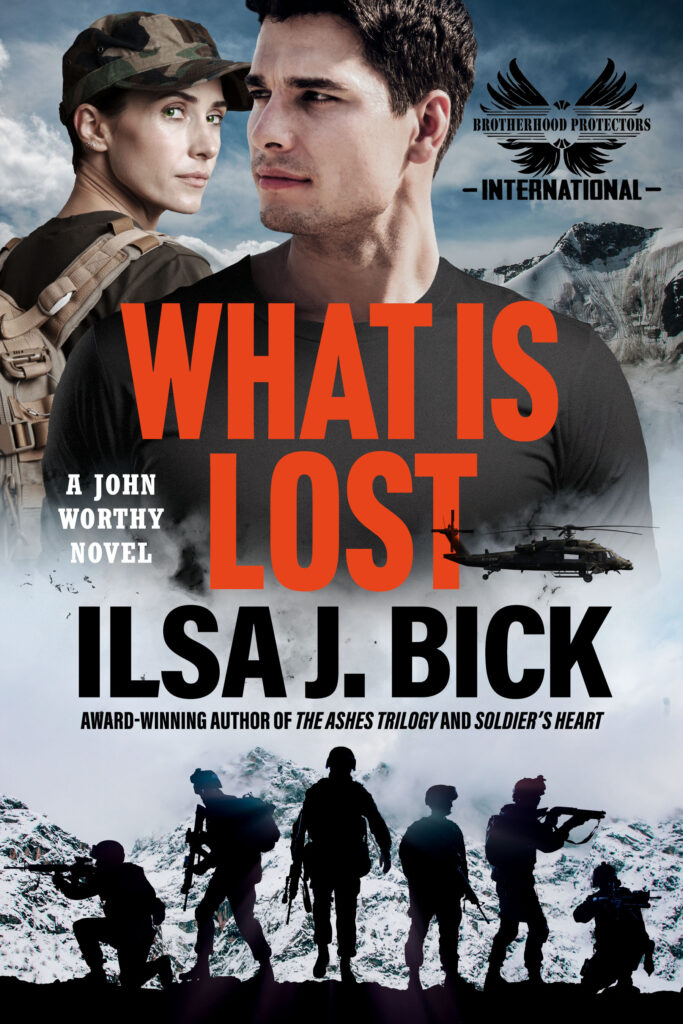
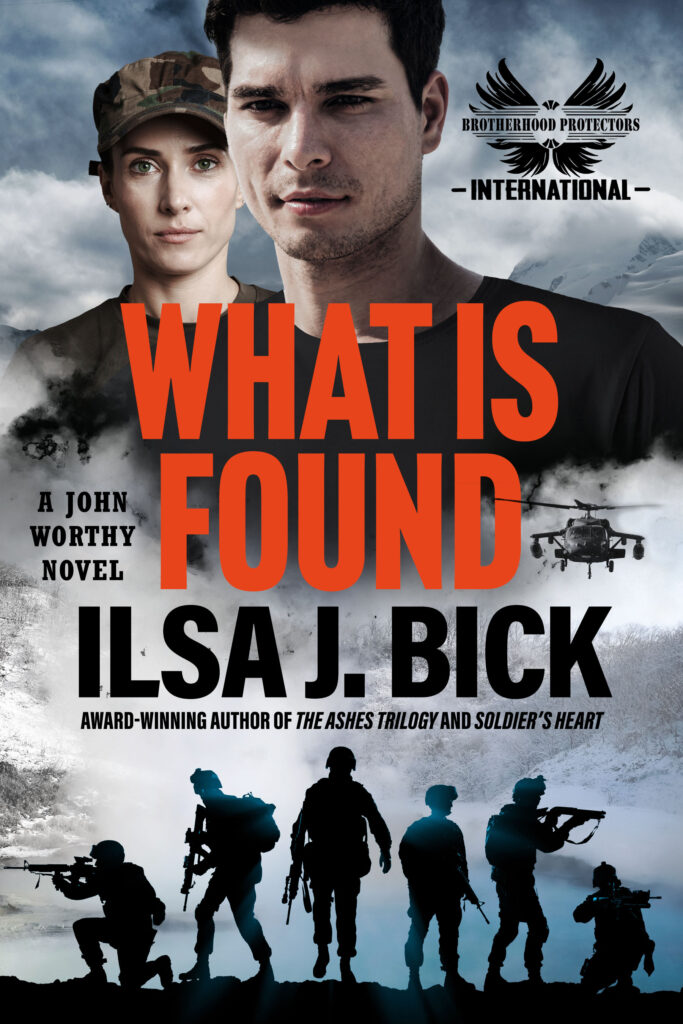


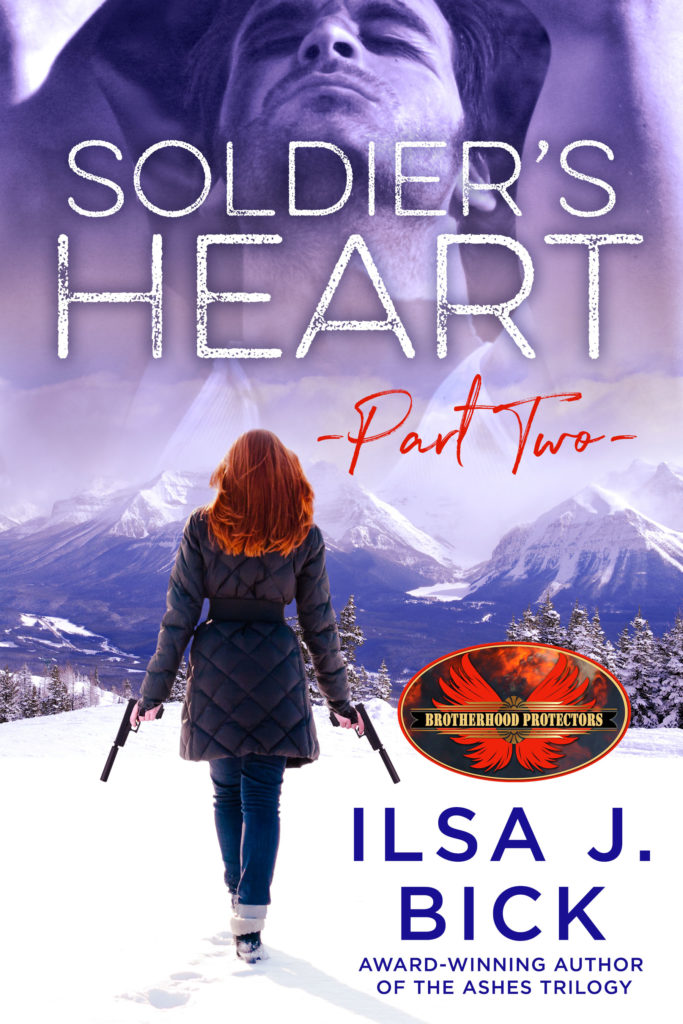
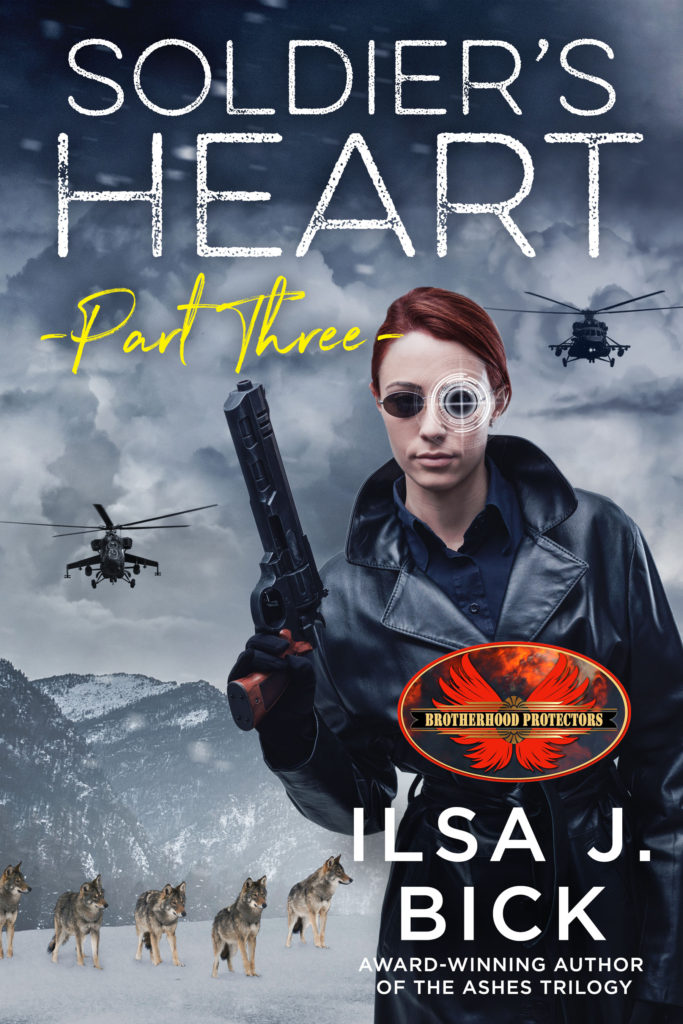

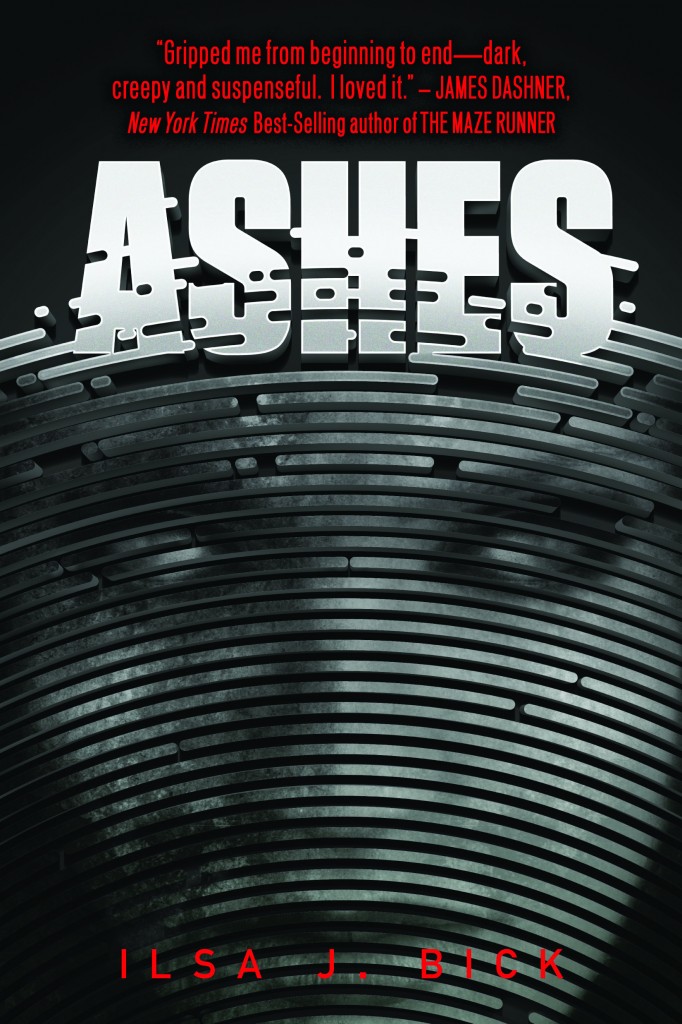
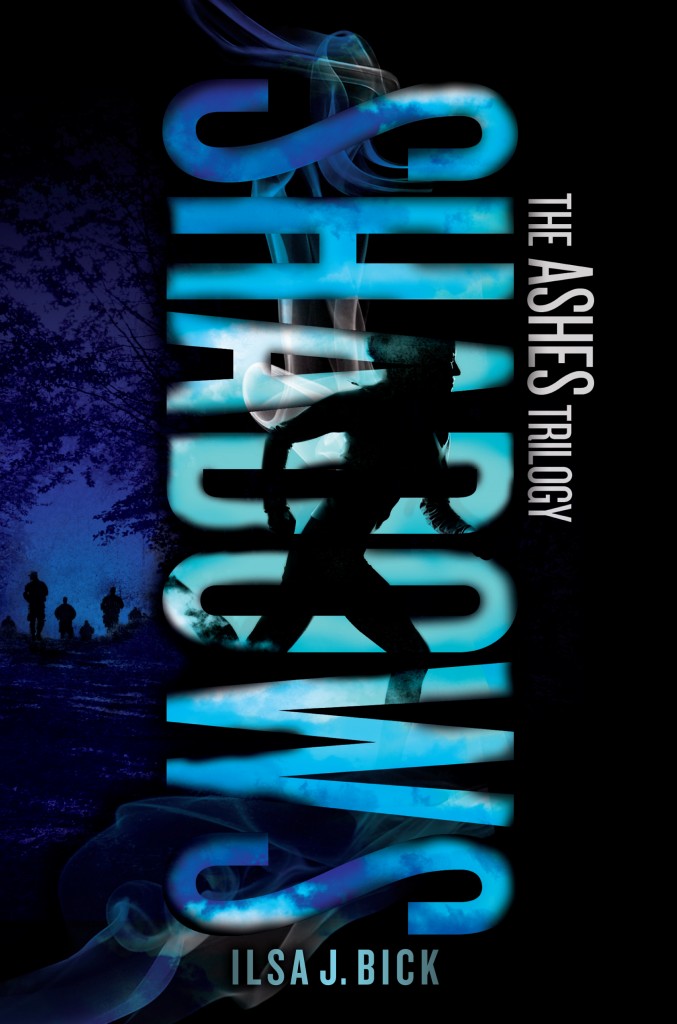
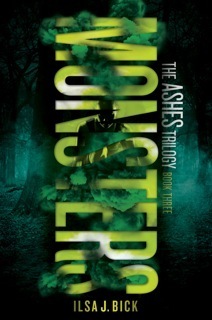
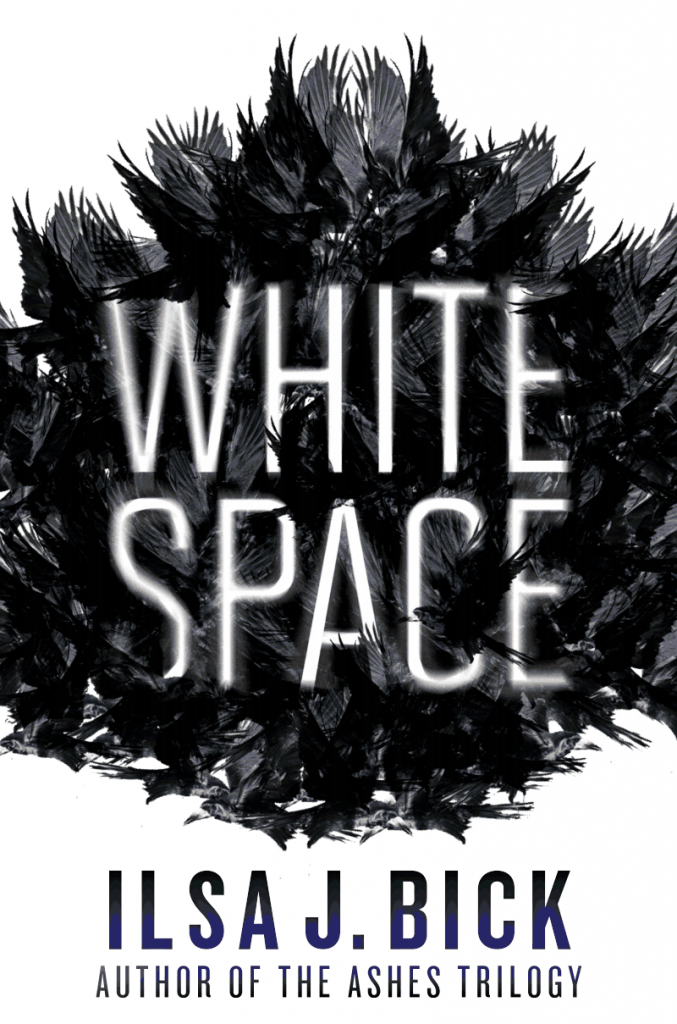
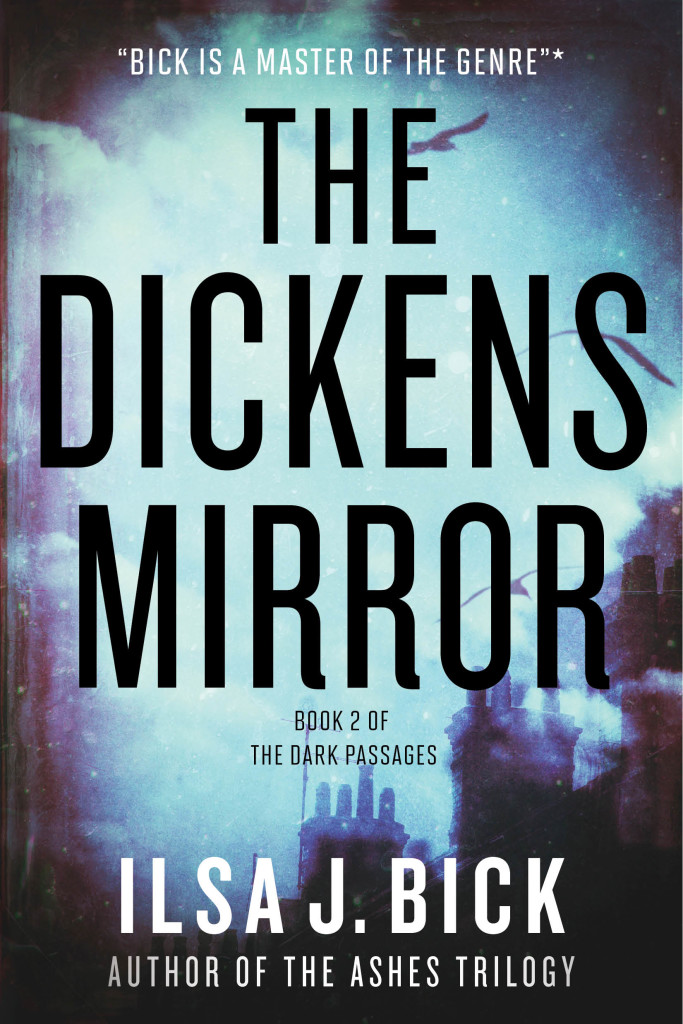
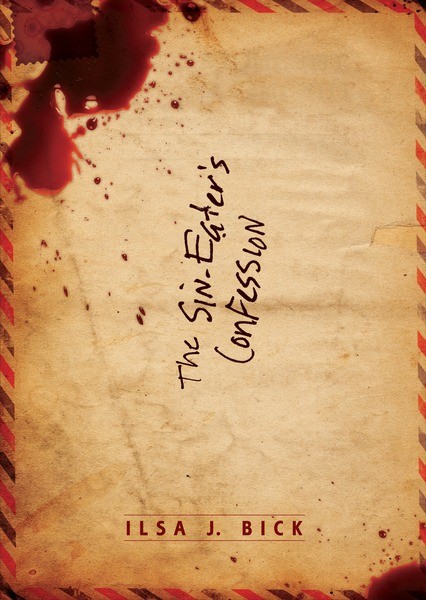
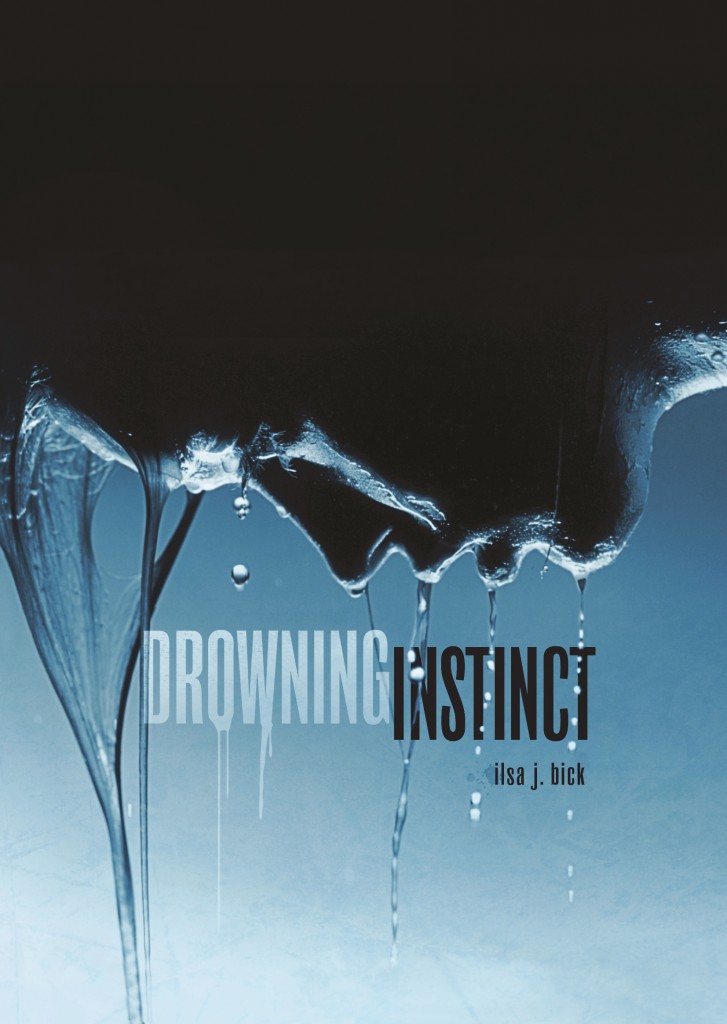
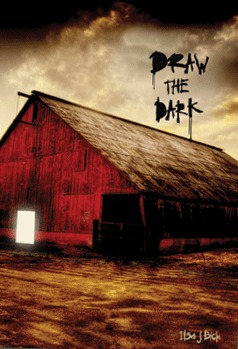
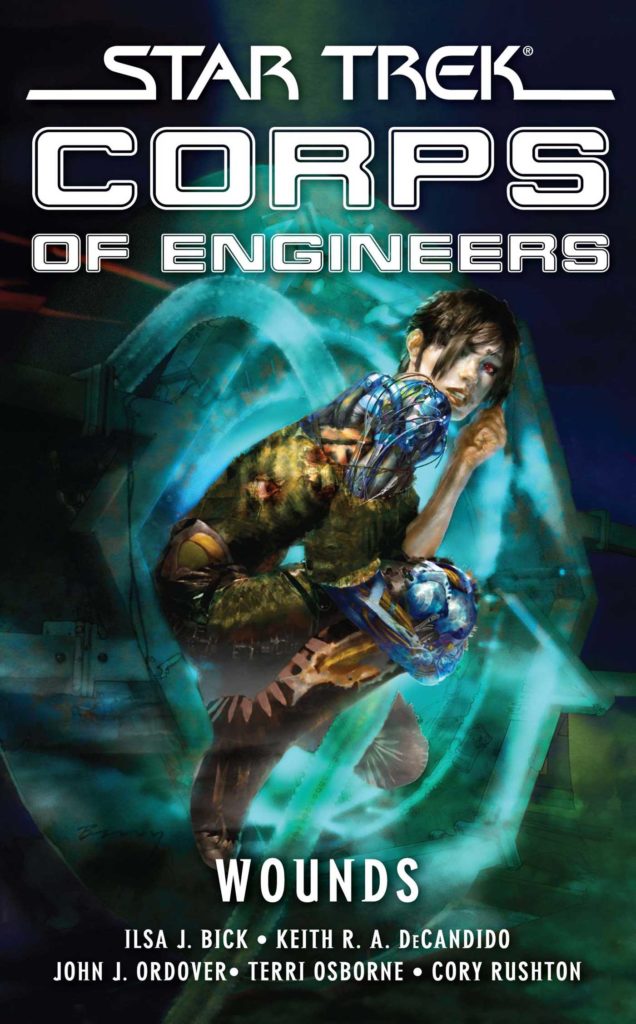


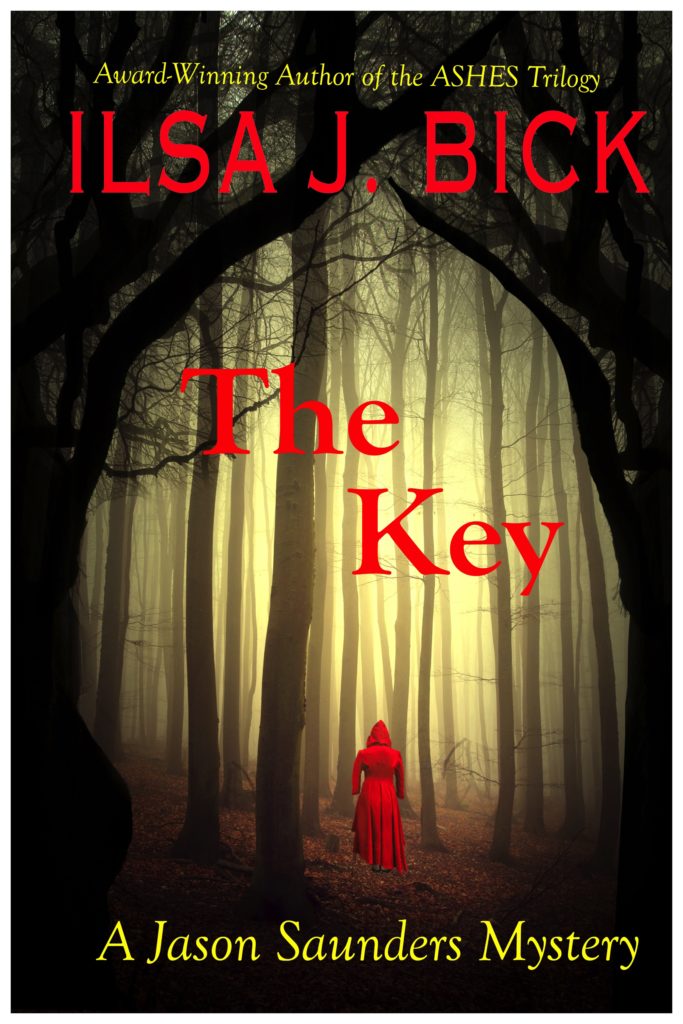
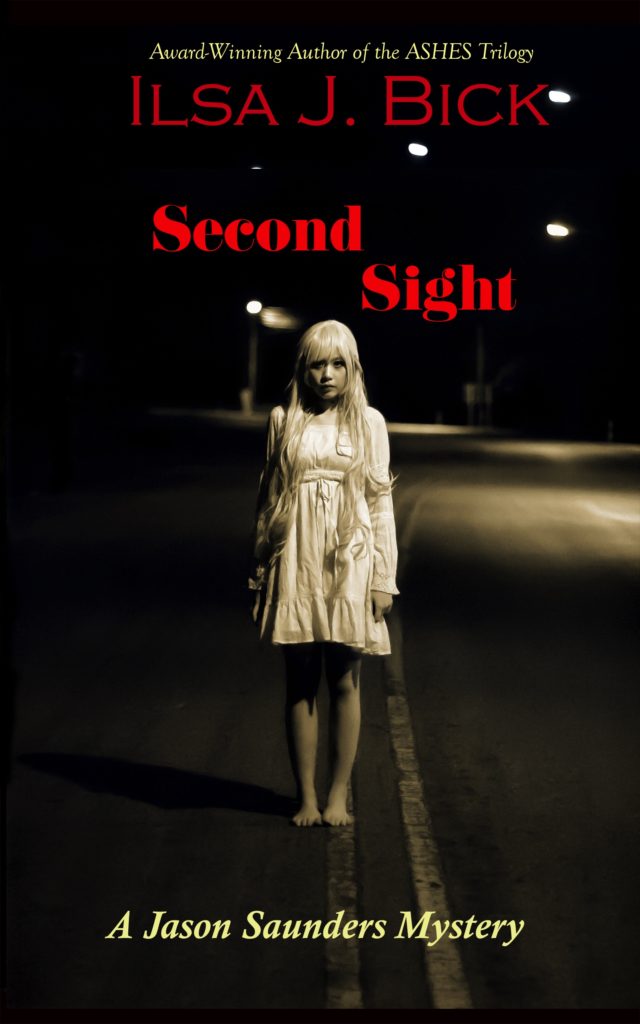
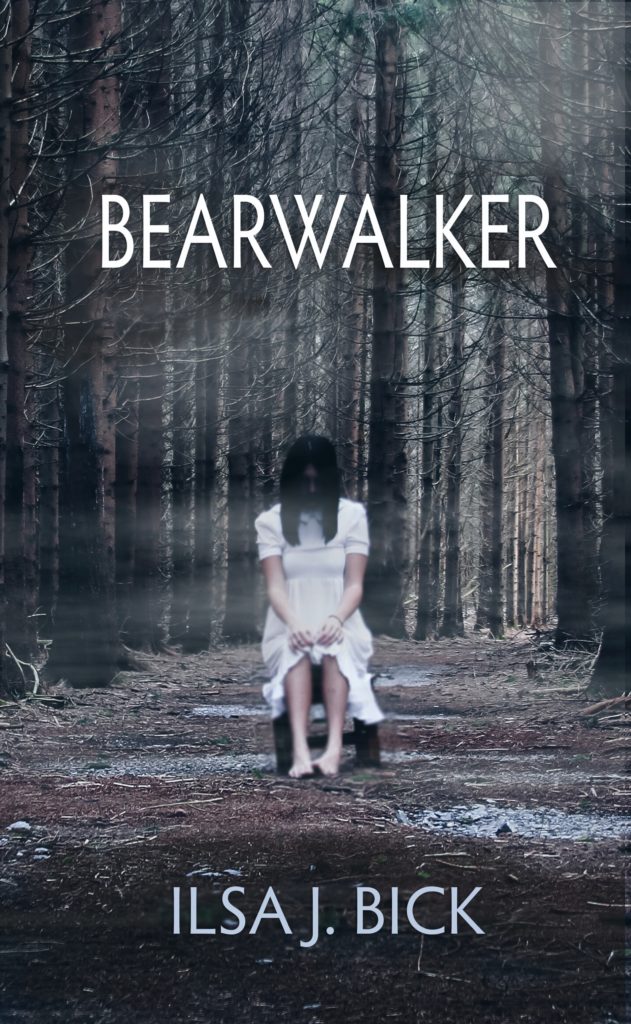
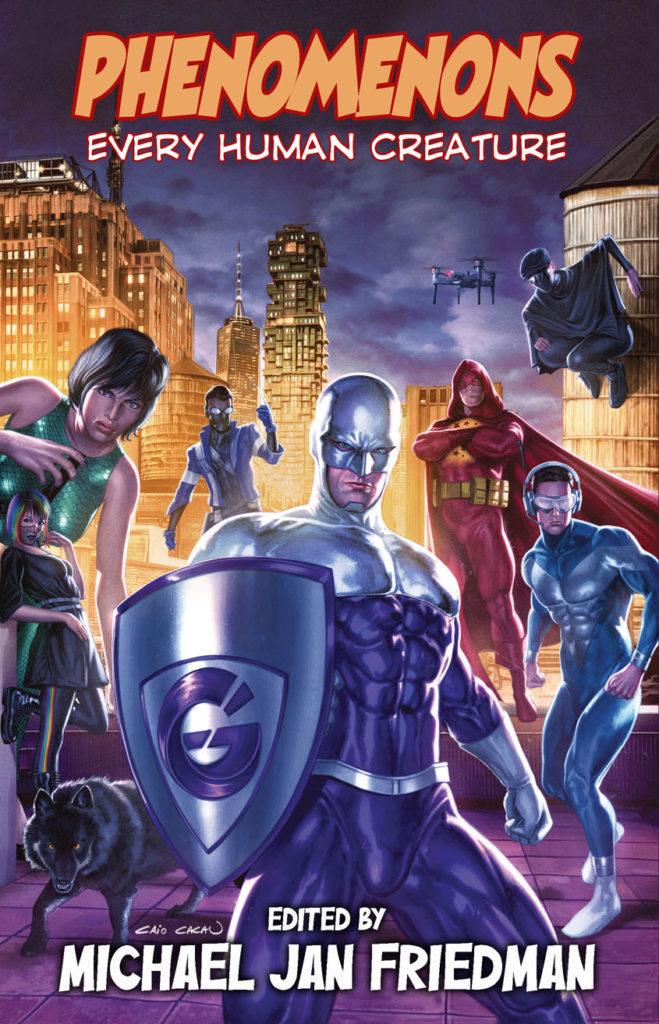
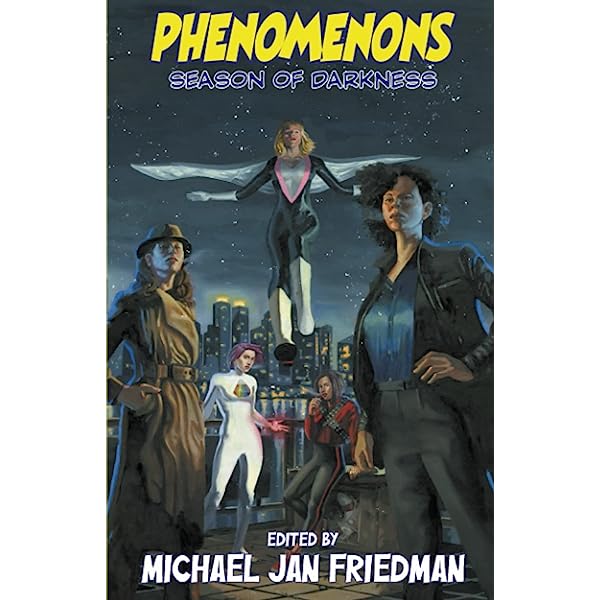

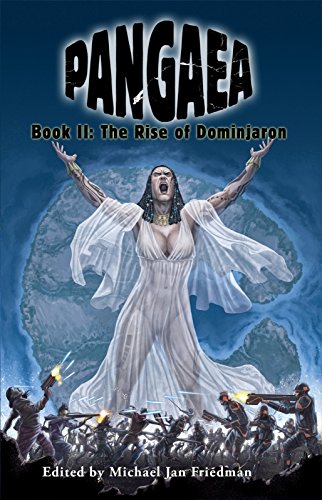


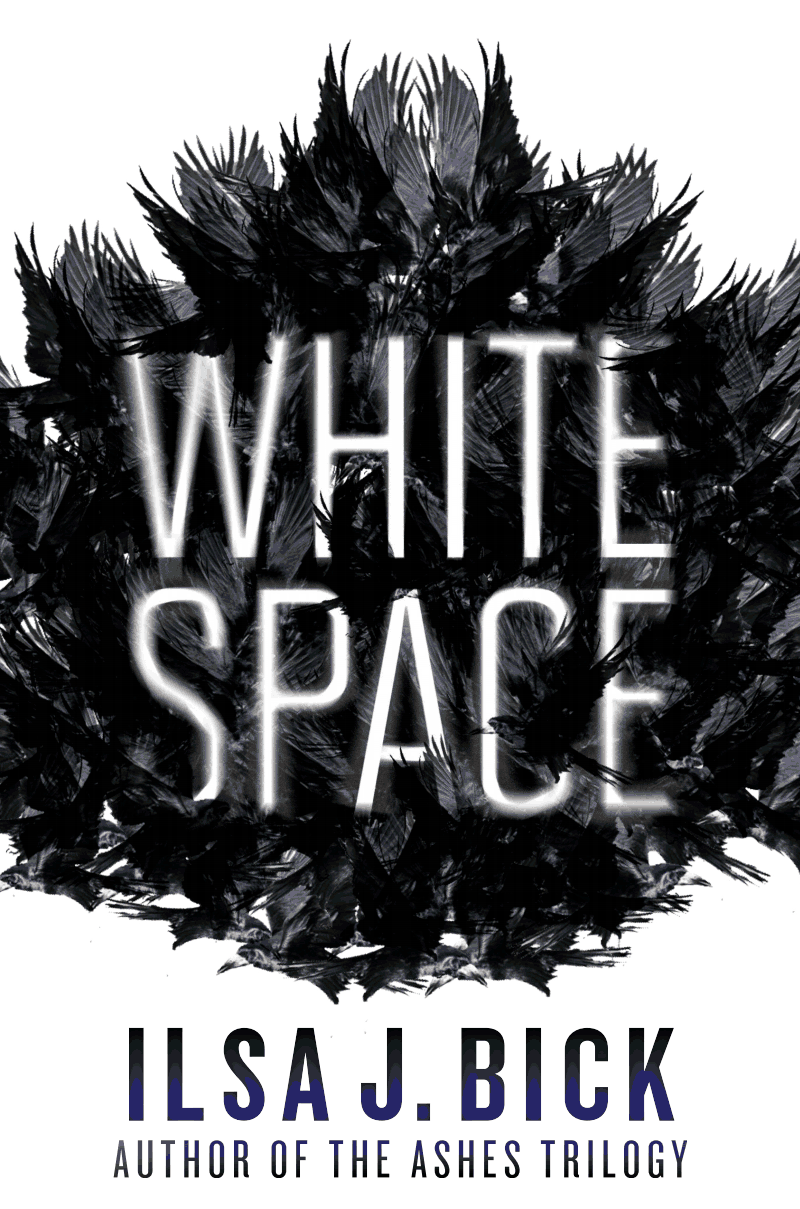
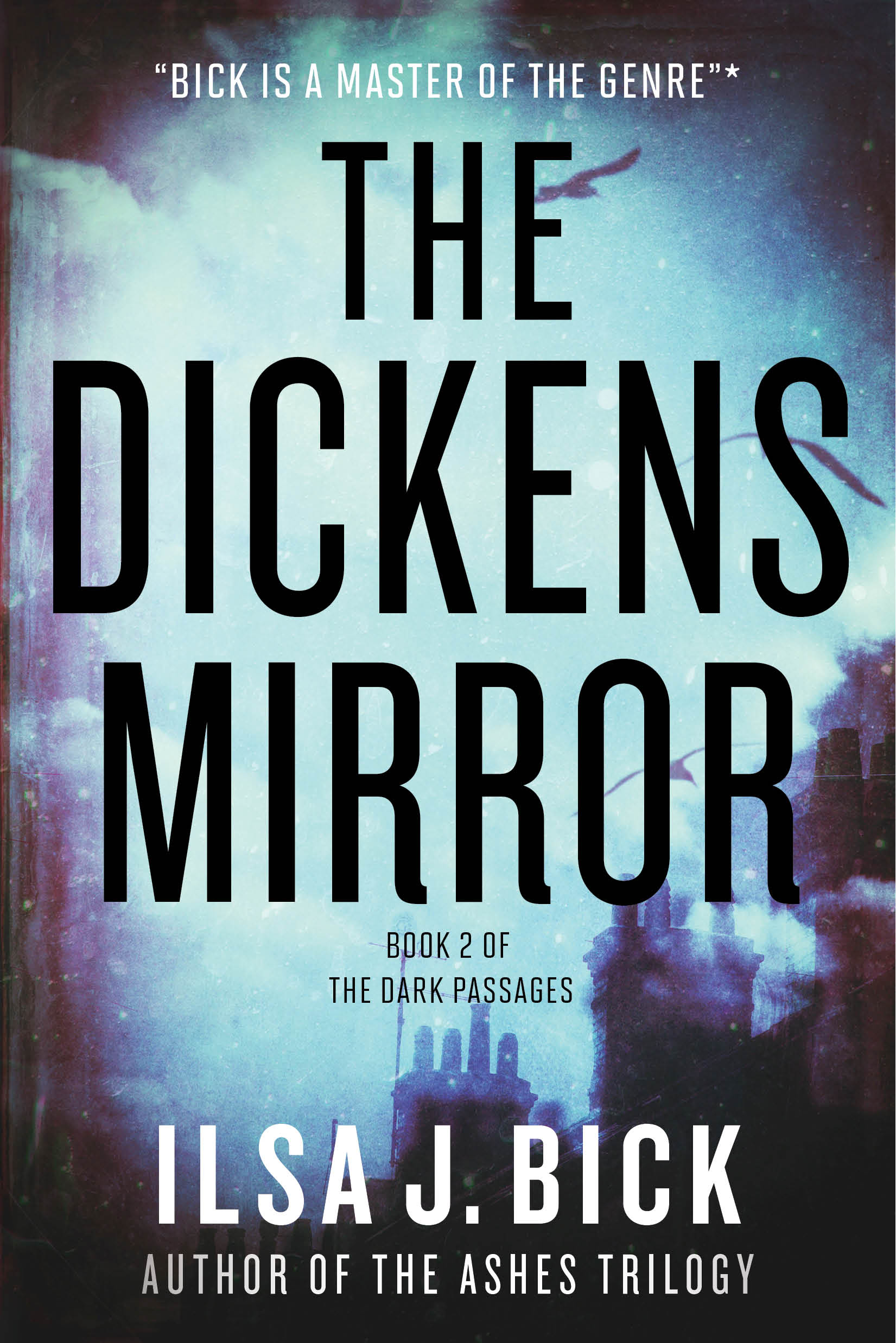
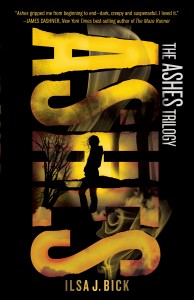
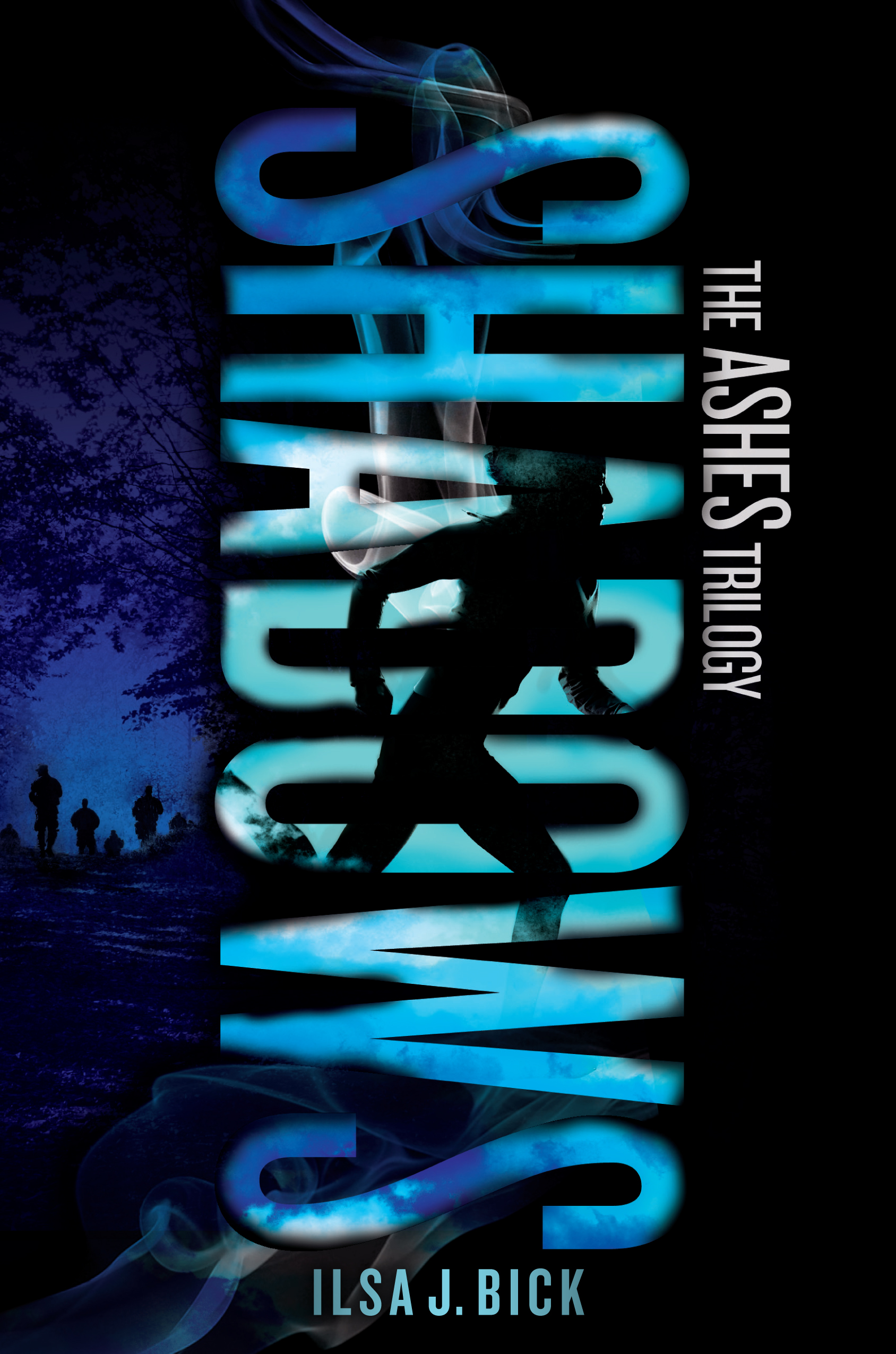
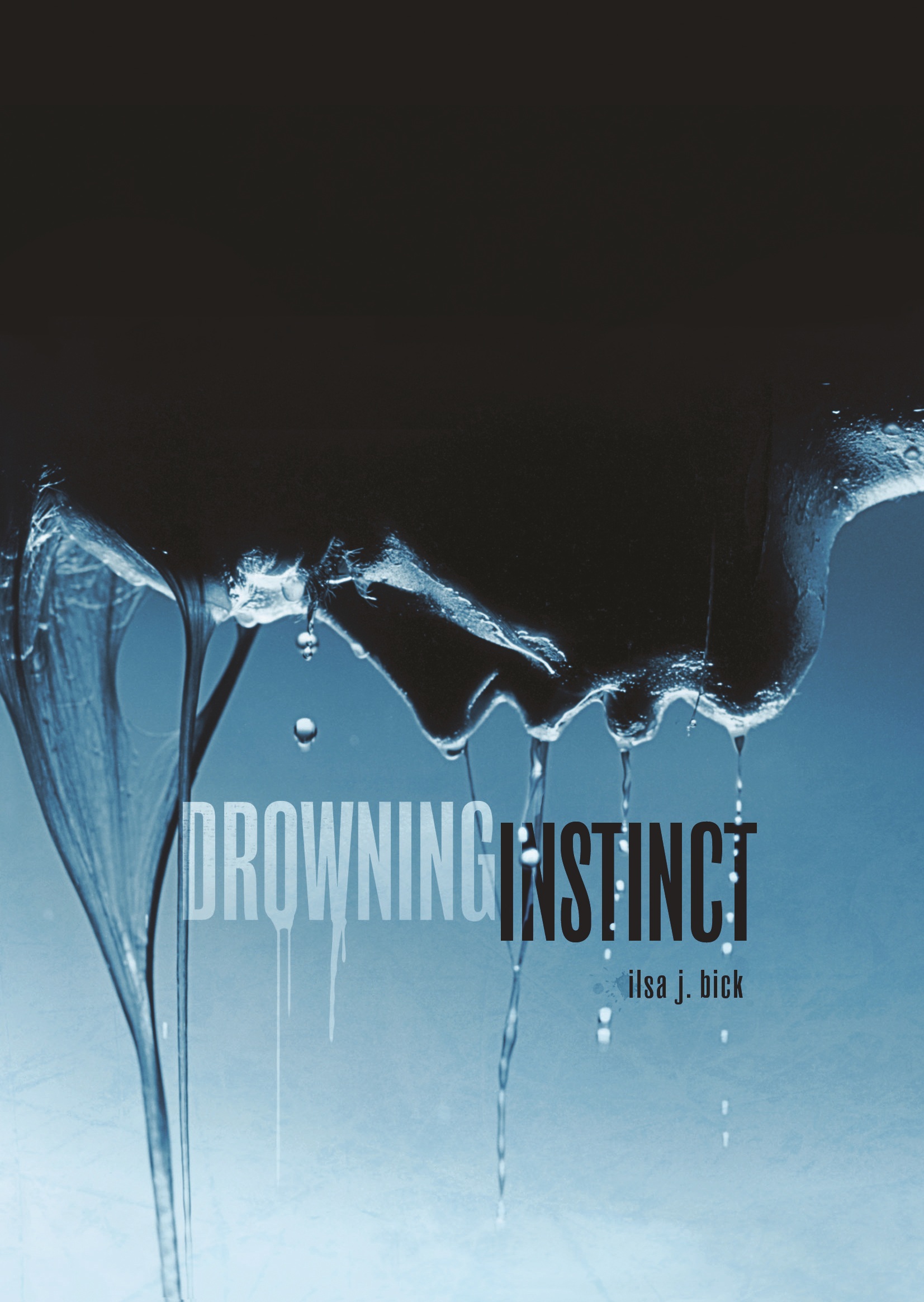
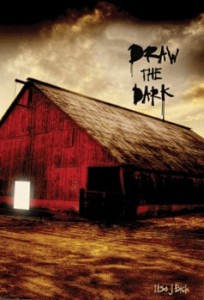
Every book that you have written that I have read on NetGalley rocked! Not any mistakes that I can find! You and your editor should be wholly commended for that! I cannot say the same for other authors, but not all!
Sherry
Thanks, Sherry. I’m glad that NetGalley’s working for you. 🙂
So many good points here!
I love NetGalley for lots of reasons, mostly because it makes getting ARCs super easy for book bloggers. The majority of ARCs I’ve downloaded from them have been easy enough to read — some errors, but nothing too grievous. It really is a great service. I’ve had very few problems with it.
The problem in my mind (from a reviewing standpoint) is that, by making ARCs more widely available and in e-formats, it sort of de-values them. Sure, NG sends out those blasts that make me want to read a book NOW, but once I put it on my list (among hundreds of others), I tend to forget about it, whereas a print ARC sits on my desk taking up space reminding me to read it. I know lots of reviewers download ARCs, but never get around to reading them at all, so … how effective is this method, really? Also, I like having ARCs that NO ONE ELSE has — it makes me want to read them more than those that are available to everyone on NG.
Also, as a reviewer, I have to say that direct marketing is the most effective way to make me not just accept a book for review, but also actually read/review it. When an author or publicist contacts me, giving me specific reasons why they think I’ll like their book, I tend to respond more to that personal touch. So, maybe a NG/direct marketing approach works best? For me, anyway.
Anyway, thanks for the food for thought!
Wow, Susan, what excellent points. You know, I think the experience of a blogger, the target audience for NetGalley, is really invaluable here, and I really thank you for your comments. They are excellent, and I particularly like your point about targeted marketing. It means that the people who are reaching out to you have actually bothered to figure out what it is that you might be interested in. In a way, I would suspect that NetGalley will eventually develop this strategy, if they haven’t already.